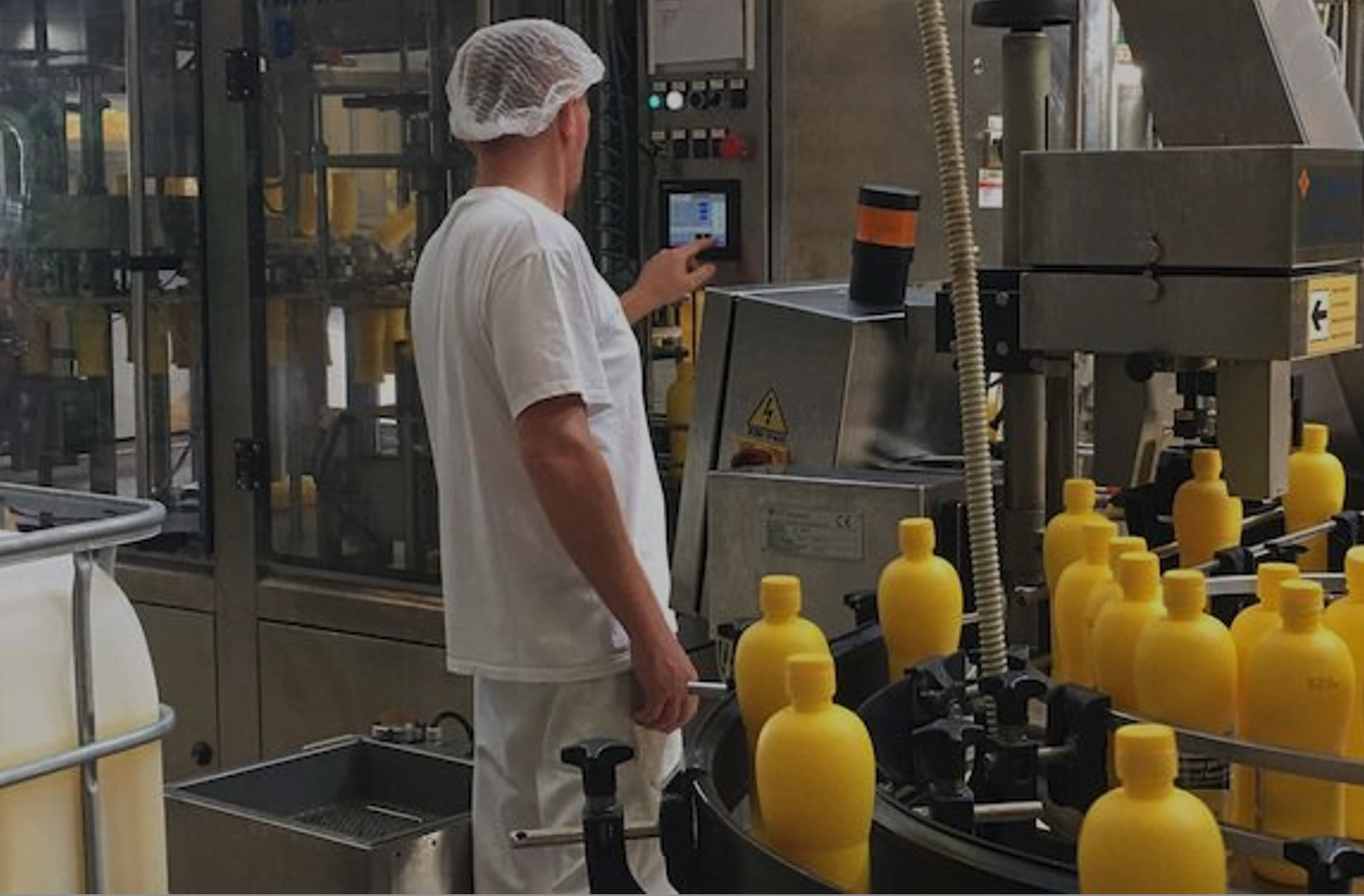This paper provides a reflection on the issue of lessons learned innovations, adaptations and effective practice in Work-based Learning (WBL) in Vocational Education and Training (VET), identified by the Eduwork.net project during the Covid-19 pandemic. It captures the challenges and insights of those in the WBL community who were determined to address the challenge of offering high quality work-based learning to their students and trainees throughout the pandemic. It also identifies how, in doing so, innovations that were often ‘forced’ by the pandemic have now been adopted more permanently as novel and effective practice.
As with many in Europe who were running transnational projects or providing work-based learning, the Eduwork.net project and its partners experienced the pandemic through a set of phases, as VET provision was shut down across Europe and, as a result, foreseen project activities were severely curtailed:
• Coping – as workplaces and educational provision were locked down and closed, VET institutions were faced by wholescale closure and suspension of programmes; workplaces were also closed. Therefore, VET providers, their tutors and trainees had to cope with the situation to keep their programmes ‘alive’ with their students and trainees • Adapting – VET institutions migrated online what provision they could and found various ways to support their teaching staff and learners, who were often forced to work and study at home for prolonged periods. Often, in a WBL context, there were few ready-made solutions or techniques available, and WBL was a low priority for many companies faced with existential issues at work, so tutors looked to adapt their provision to the new realities • Innovating – whilst making a ‘virtue out of necessity’, many VET institutions began to find different ways to innovate, co-creating with their companies, industry experts, their own IT departments and their students novel and innovative ways to create WBL experiences for students who were otherwise denied regular access to the workplace • • • Sustaining Effective practice – rather than these changes being seen solely as a temporary or necessary reaction to the pandemic, many VET institutions have developed new, sustainable and effective approaches to WBL, which will endure and develop further in a ‘post- Covid’ world
To reform WBL, during a climate where workplaces were closed and many VET institutions had to suspend their offers, both VET provides and Employers needed support to adopt. Whilst there is ‘nothing new’ about education being provided online, it is arguable that this has been less widespread in WBL; indeed the defining factor in WBL is that it takes place ‘at the workplace.’ Therefore, WBL provision did not necessarily benefit from high degrees of digital interaction.
Despite all the disruption and difficulties, it is evident that the Covid-19 pandemic provided an opportunity for VET providers and Employers to consolidate, explore, develop and implement creative ways to ensure that work-based learning continued. In the best cases, a mutually beneficial collaboration between VET and Employers resulted in both training in and assisting with alternative arrangements for digital learning and assessment. Further, the word resilience occurs repeatedly… reports from across the EU cite that in a crisis situation a high degree of autonomy for planning, teaching and assessment is needed, which results in flexible solutions that fosters confidence among students.
Captured by examples our own Eduwork.Net Networks as well as reports produced at the national and European levels, a common reoccurring theme is the need to rethink and reimagine and maintain into the future a new agile work-based learning model, how motivation is maintained, how work is monitored, and continually learn how digital transformations can bring about a new dynamic to work-based learning across Europe.
Rinova Ltd – For the Eduwork.net Partnership, April 2022
Read the full paper including selected case studies here! Happy reading.


Comments are closed